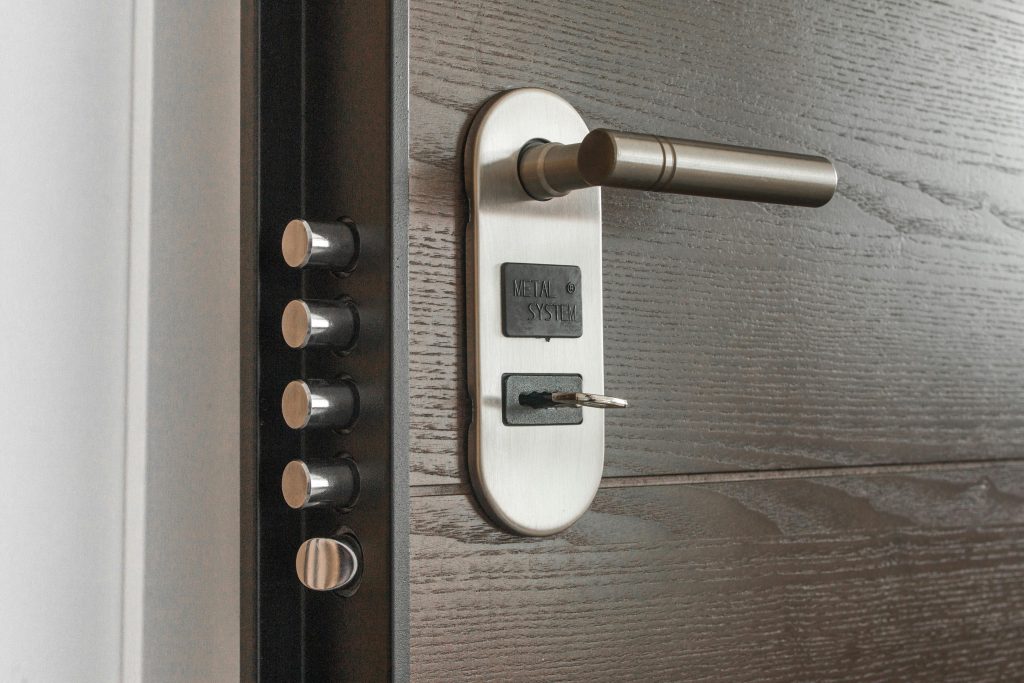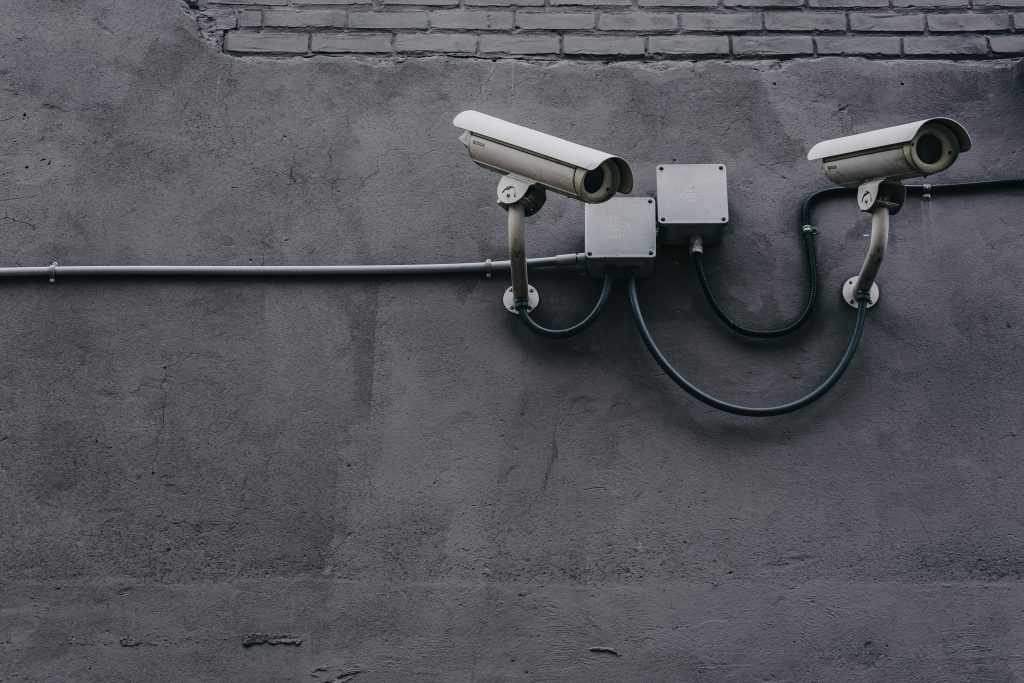- Install a security system with CCTV, motion sensors, and alarms to deter intruders and enhance safety.
- Secure all entry points with reliable locks and additional security measures like deadbolts or smart locks.
- Enhance outdoor lighting and maintain landscaping to prevent accidents and discourage potential intruders.
- Regularly maintain pavements and prepare an emergency plan to ensure safety during unforeseen events.
Ensuring the safety of your residential compound is crucial for your well-being and that of your loved ones. From preventing accidents to deterring potential intruders, there are various steps you can take to upgrade the safety of your home. This blog will discuss essential tips to help you enhance the security and safety of your residential compound.
Install a Security System
One of the most effective ways to upgrade the safety of your residential compound is by installing a security system. This can include CCTV cameras, motion sensors, and alarms that will alert you in case of any suspicious activity. A visible security system can also act as a deterrent for potential intruders, reducing the risk of break-ins.
Secure Entry Points
Another important aspect of enhancing safety in your residential compound is securing all entry points, such as doors and windows. Make sure that all locks are in good working condition, and consider installing additional security measures like deadbolts or smart locks. This will help prevent unauthorized access to your home and keep your family safe.
Outdoor Lighting
Adequate outdoor lighting is essential for improving the safety of your residential compound, especially during nighttime. Install lights along pathways, near entrances, and in dark corners to illuminate these areas and deter trespassers. Motion-activated lights are also a great option, as they will automatically turn on when motion is detected.
Maintain Landscaping
Keeping your landscaping well-maintained can also contribute to a safer residential compound. This will help prevent accidents like tripping and falling, as well as discourage potential intruders from hiding in overgrown shrubs or bushes. Here are four tips for maintaining a safe and secure landscape:
Trim Overgrown Trees and Bushes
Trimming overgrown trees and bushes not only keeps your landscape tidy but also eliminates hiding spots for intruders. Keep all vegetation at least six feet away from the perimeter of your home to prevent easy access.
Install Thorny Shrubs
Consider planting thorny shrubs like rose bushes or holly near windows and fences to create a natural barrier against potential intruders. These plants are not only aesthetically pleasing, but they also serve as a deterrent due to their prickly nature.
Avoid Creating Blind Spots
When designing your landscape, avoid creating blind spots where intruders can hide. Make sure all windows and doors are clearly visible from the street, and consider installing additional lights or security cameras in areas with limited visibility.
Keep Pathways Clear
Make sure all pathways, especially those leading to entrances and exits, are clear of any obstacles or debris. This will not only prevent accidents but also make it easier for you to spot any potential intruders. You can also consider installing motion-activated lights along pathways for added security.
Maintaining your landscape not only contributes to the safety and security of your home but also adds to its overall curb appeal. By following these simple tips, you can create a well-maintained and safe landscape for you and your family to enjoy.
Maintain Your Pavements
Regular maintenance of your pavements, both inside and outside your residential compound, is crucial for safety. Make sure all walkways and driveways are free from cracks or debris that could cause accidents. Repair any damaged areas immediately to prevent further deterioration.
A professional concrete repair service provider can help identify and fix any potential hazards in your pavements, ensuring the safety of your family and visitors. They may even be able to assist in installing slip-resistant coatings to prevent accidents, particularly during wet or icy weather.
Emergency Preparedness
Lastly, make sure that you have an emergency plan in place in case of unforeseen events such as fires or natural disasters. Create a designated meeting point for family members outside the house, stock up on emergency supplies like first aid kits and flashlights, and ensure that everyone knows how to evacuate safely if needed.
To ensure the safety of your residential compound, it’s essential to take proactive measures. By installing a robust security system, securing entry points, improving outdoor lighting, maintaining landscaping, and ensuring regular pavement upkeep, you can significantly enhance the security and safety of your home. Additionally, preparing for emergencies with a solid plan will help keep your family safe during unforeseen events. Take these steps today to protect your home and provide peace of mind for yourself and your loved ones.



